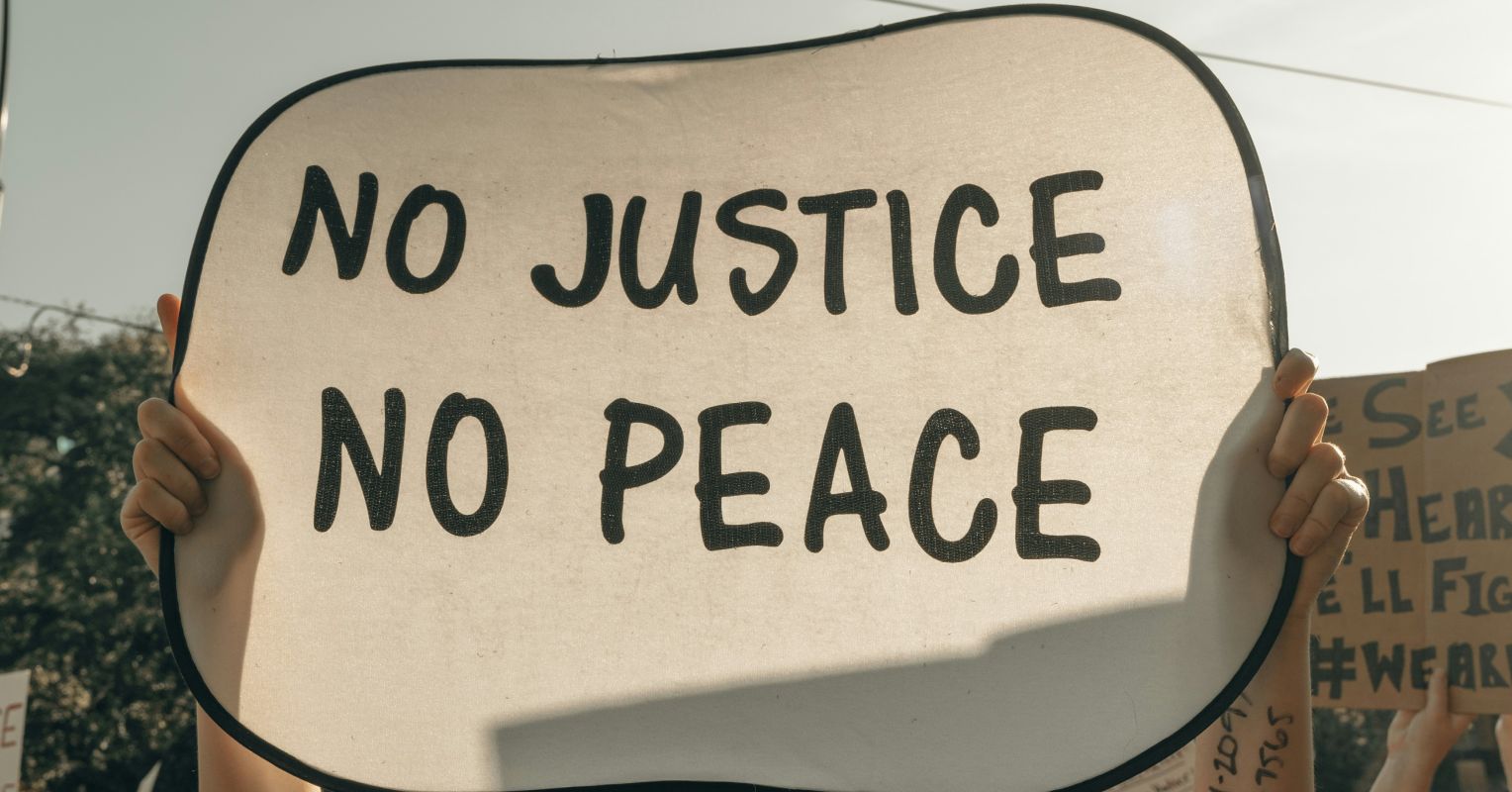
"Neutrality can feel like invalidation when clients face trauma or moral crises."
"Silence in therapy may be perceived as complicity or erasure of experience."
"Acknowledge injustice as a healing act while remaining professional."
"Therapy requires courage to witness, validate, and hold clients' realities."
Neutrality may be perceived as a form of invalidation for clients facing trauma. Silence in the therapy room can be interpreted as complicity during times of societal upheaval. A therapist’s neutrality should not imply moral detachment; acknowledging injustice and validating clients' experiences can be powerful acts of healing. Recognizing the emotional weight of current events allows for a more profound therapeutic relationship, requiring therapists to courageously validate and witness their clients’ realities without imposing personal beliefs.
Read at Psychology Today
Unable to calculate read time
Collection
[
|
...
]